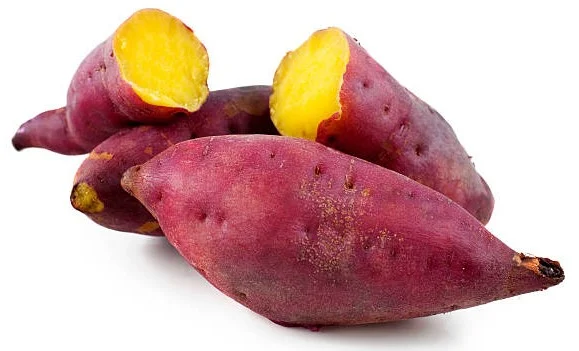Table of Contents:
- Introduction
- Importance of Regulating Blood Sugar
- Fruits for Blood Sugar Regulation
3.1. Berries
3.2. Apples
3.3. Citrus Fruits
3.4. Avocado
3.5. Cherries - Incorporating These Fruits Into Your Diet
- Lifestyle Tips for Blood Sugar Management
- Frequently Asked Questions (FAQs)
6.1. Can fruits alone regulate blood sugar levels?
6.2. How often should these fruits be consumed?
6.3. Are there any fruits to avoid for those with diabetes?
6.4. Can fruit consumption replace medication for diabetes?
6.5. Are there any side effects associated with these fruits? - Conclusion
Introduction:
In the quest for better health, understanding the impact of our dietary choices is crucial. This article explores the world of fruits and their role in regulating blood sugar levels, a topic of growing importance in today’s health-conscious society.
Importance of Regulating Blood Sugar:
Maintaining stable blood sugar levels is key to overall well-being. Fluctuations can lead to various health issues, including diabetes and energy imbalances. Discovering natural ways to regulate blood sugar, such as through the consumption of specific fruits, can be a game-changer in promoting a healthier lifestyle.
Fruits for Blood Sugar Regulation:
Berries: Packed with antioxidants and fiber, berries, including blueberries and strawberries, are known for their blood sugar-regulating properties.
Apples: The saying “an apple a day keeps the doctor away” holds true. Apples are rich in soluble fiber, aiding in the slow release of sugar into the bloodstream.
Citrus Fruits: Oranges, lemons, and grapefruits are not only refreshing but also contribute to better blood sugar control.
Avocado: While technically a fruit, avocados are an excellent source of healthy fats and can contribute to stable blood sugar levels.
Cherries: Cherries, known for their sweetness, contain compounds that may help regulate blood sugar.
Incorporating These Fruits Into Your Diet:
Learn practical tips on how to include these blood sugar-regulating fruits into your daily meals. From snacks to smoothies, discover delicious and easy ways to make these fruits a staple in your diet.
Lifestyle Tips for Blood Sugar Management:
Beyond diet, lifestyle choices play a crucial role in blood sugar management. Explore tips on exercise, stress reduction, and adequate sleep to complement the positive effects of these fruits.
Frequently Asked Questions (FAQs):
Can fruits alone regulate blood sugar levels?
While fruits contribute to blood sugar regulation, a balanced diet, regular exercise, and overall lifestyle choices are equally important.
How often should these fruits be consumed?
Moderation is key. Consult with a healthcare professional to determine the appropriate amount based on individual health needs.
Are there any fruits to avoid for those with diabetes?
Some fruits, such as those high in natural sugars, should be consumed in moderation. Consult a healthcare provider for personalized advice.
Can fruit consumption replace medication for diabetes?
Fruits can be a valuable part of diabetes management but should not replace prescribed medications. Consult with a healthcare professional for personalized guidance.
Are there any side effects associated with these fruits?
In general, these fruits are well-tolerated. However, individual responses may vary. Consult a healthcare provider if you experience any adverse effects.
Conclusion:
Discovering the fruits that regulate blood sugar levels opens a new chapter in proactive health management. By incorporating these fruits into a balanced lifestyle, individuals can take positive steps toward achieving stable blood sugar levels and overall well-being.

















